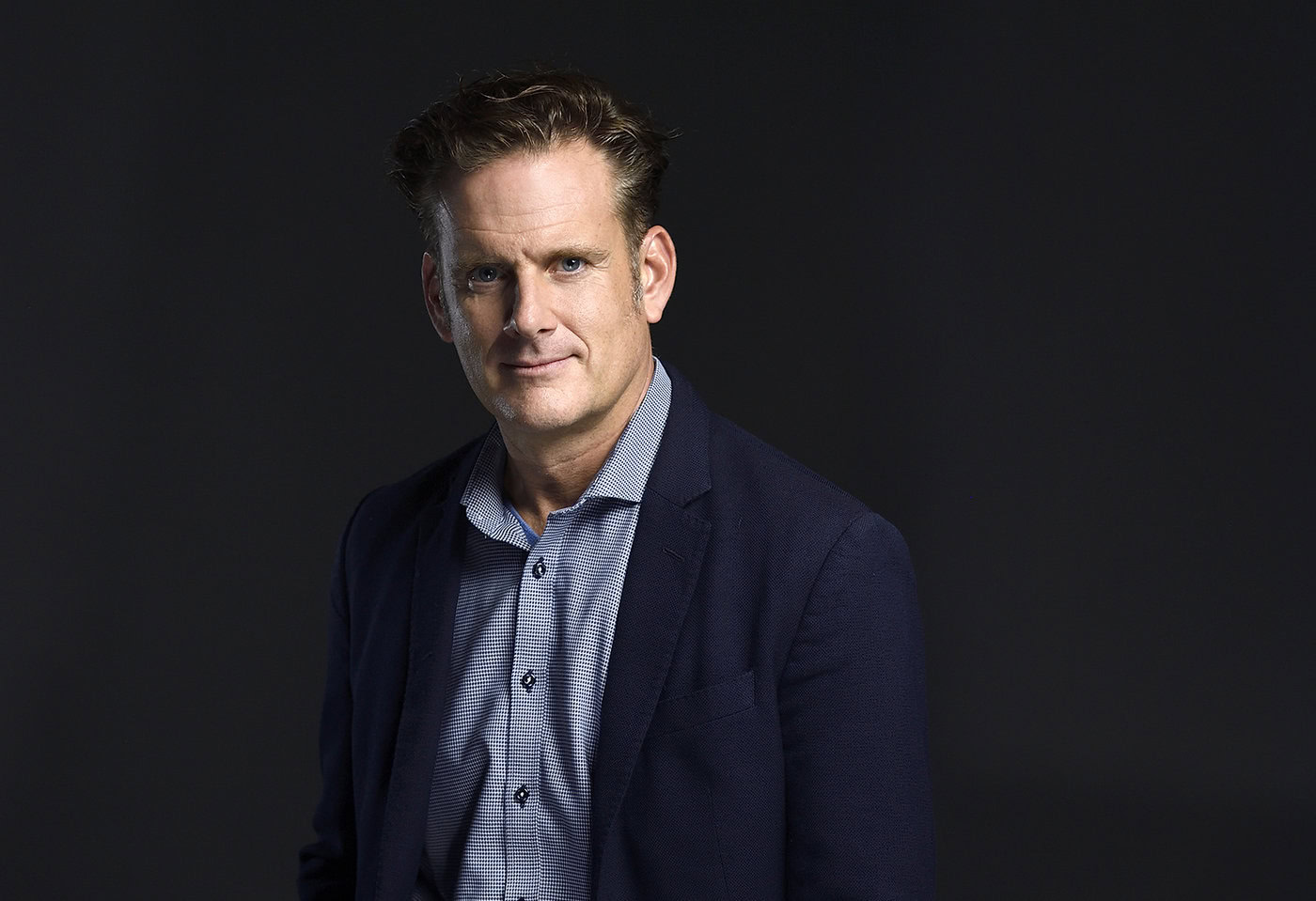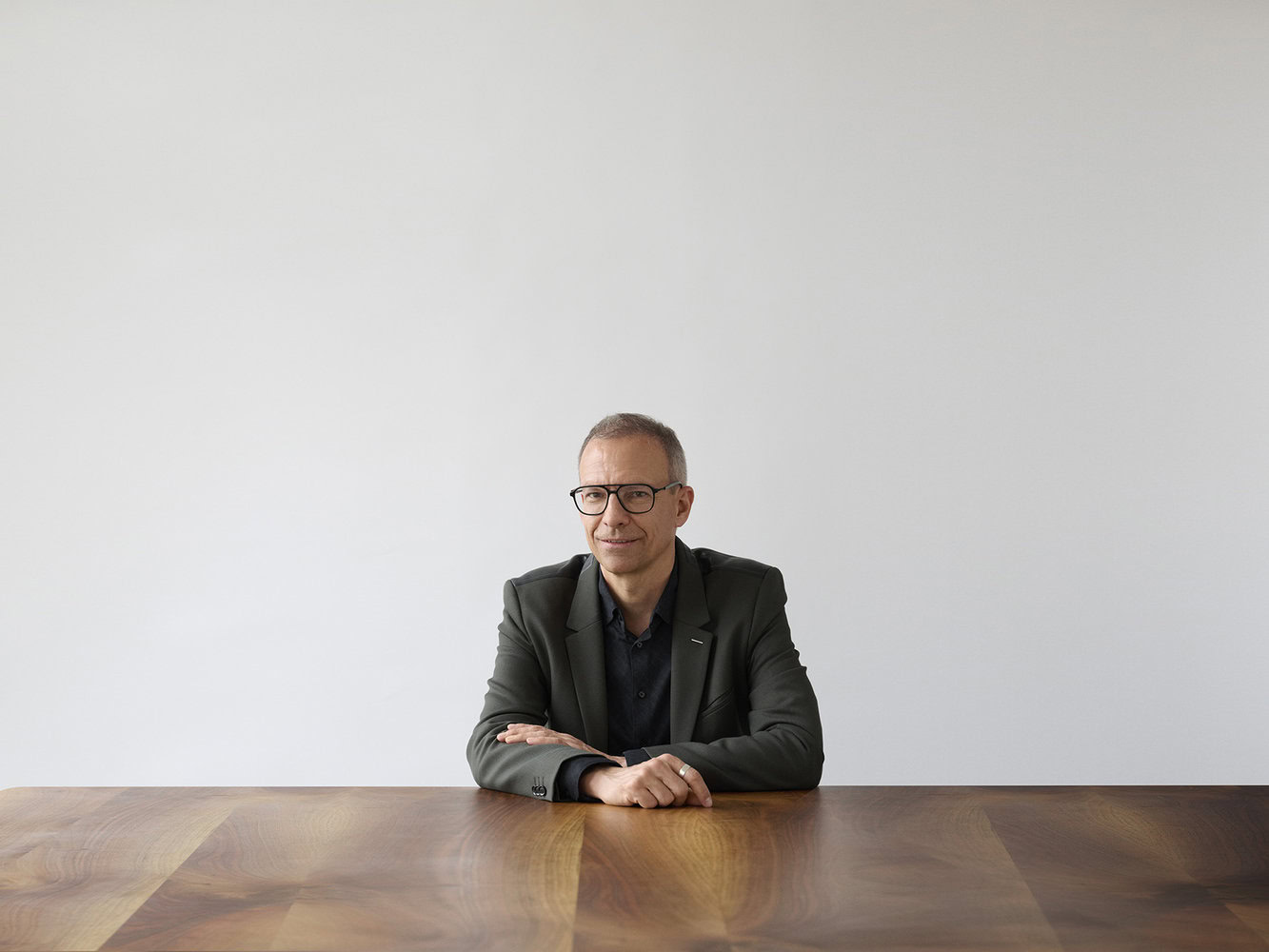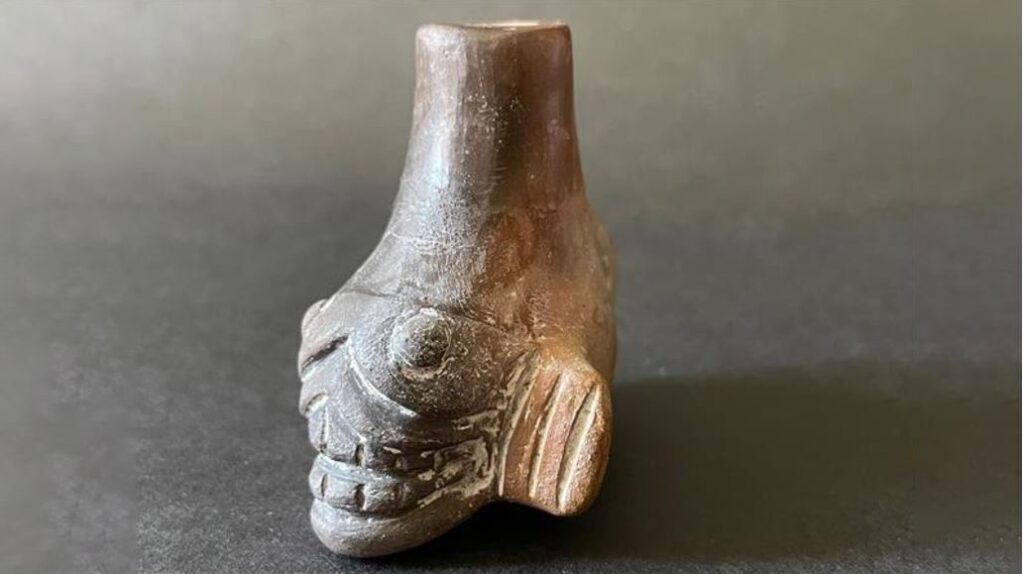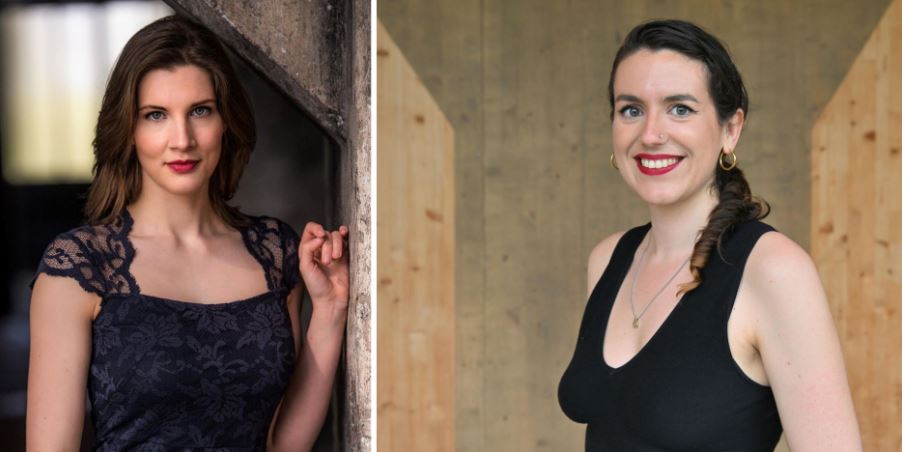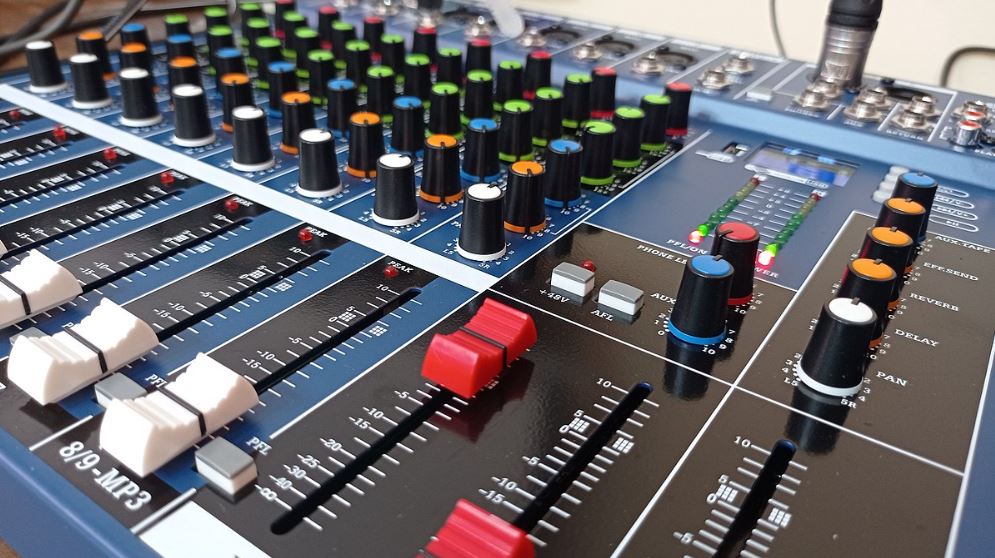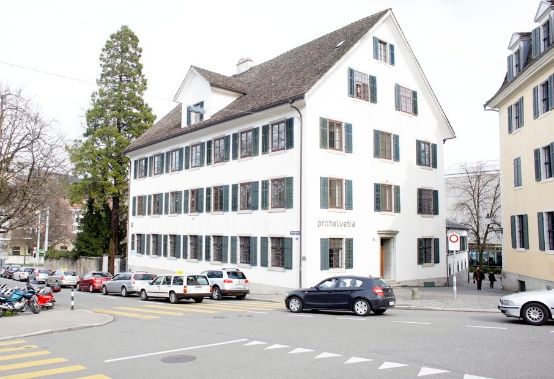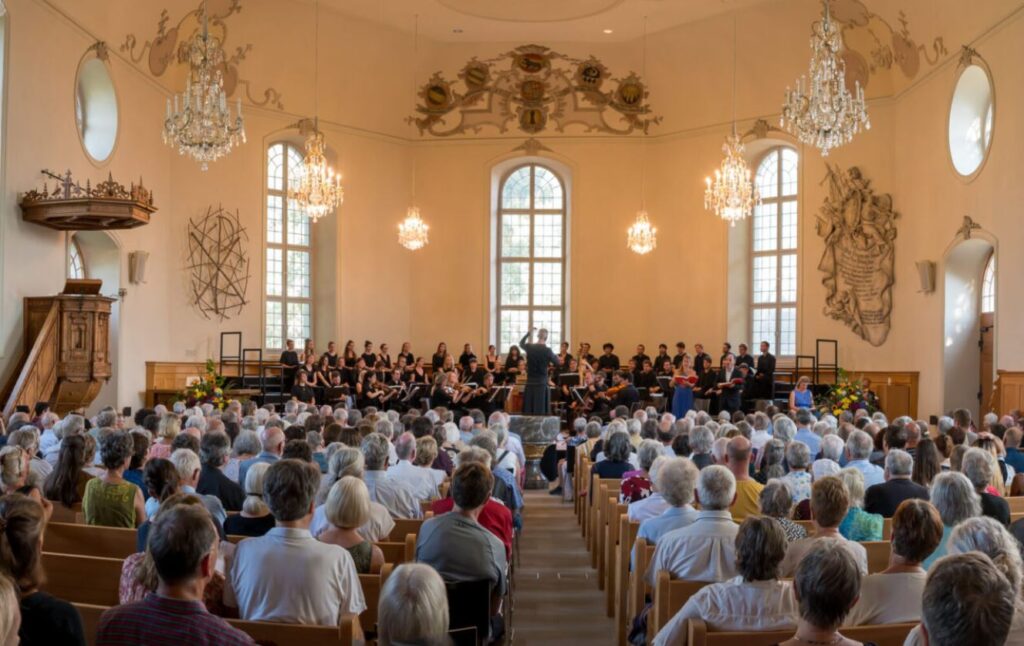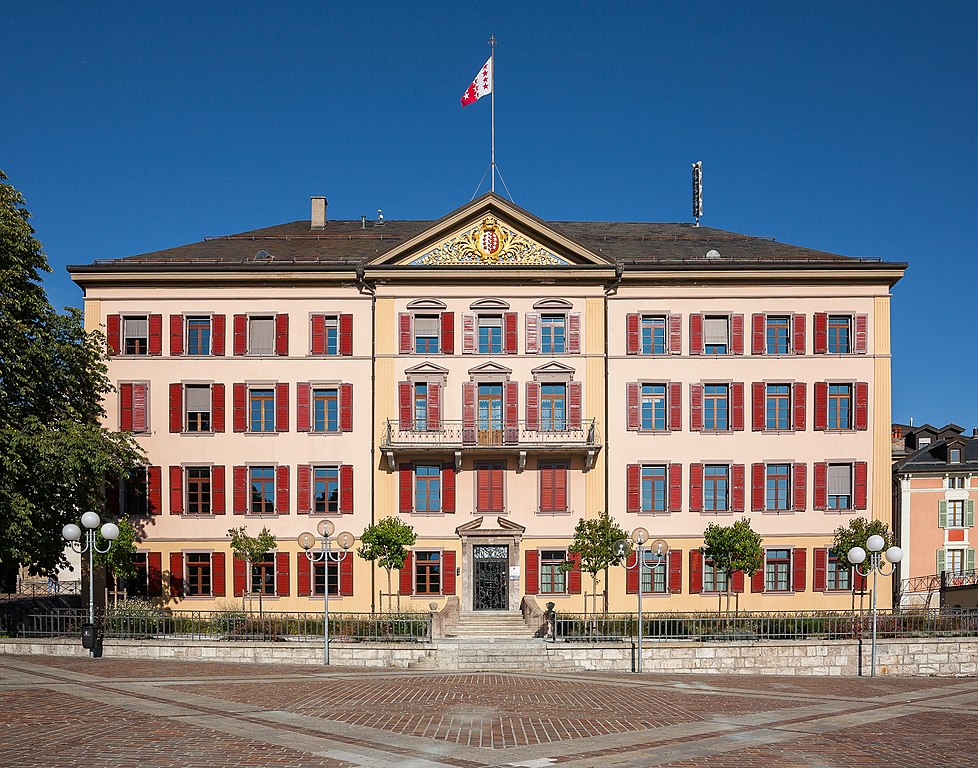Tracking down interactions between images and music
A research team from the Max Planck Institute for Empirical Aesthetics (MPIEA) in Frankfurt am Main has investigated how the combination of music and images influences the aesthetic perception of art.

The research team conducted the study online in collaboration with the Kentler International Drawing Space (Brooklyn, New York, USA). The starting point was the exhibition "Music as Image and Metaphor". This shows 41 drawings from Kentler's collection, accompanied by pieces of music that were specially composed to match the pictures. A member of the board of trustees had noticed that visitors were spending more time in the exhibition than usual. He wondered whether the musical accompaniment could be the reason for this and approached the then MPIEA researcher Lauren Fink with the suggestion of an accompanying scientific study.
The research team expanded the approach to include the question of whether the deliberately chosen combination of music and image has a particular influence on the aesthetic experience or whether a random pairing could also achieve similar effects. The more than 200 study participants were presented with 16 works in different modalities. These included pure pieces of music, images without musical accompaniment, intended audiovisual pairings and random audiovisual pairings. The respective viewing time served as an indicator of aesthetic interest. In addition, the test subjects were asked to report on their subjective experience after each work, such as the feeling of being moved.
Original article:
https://www.aesthetics.mpg.de/newsroom/news/news-artikel/article/laesst-uns-musik-kunst-anders-wahrnehmen.html







